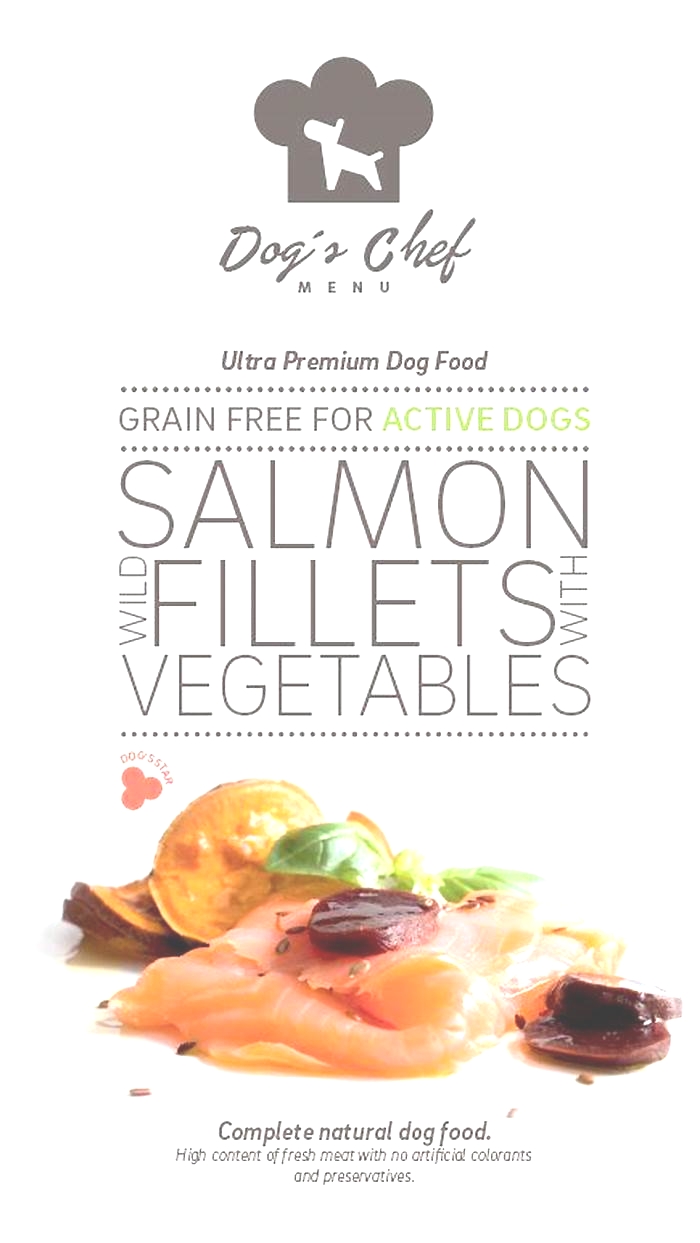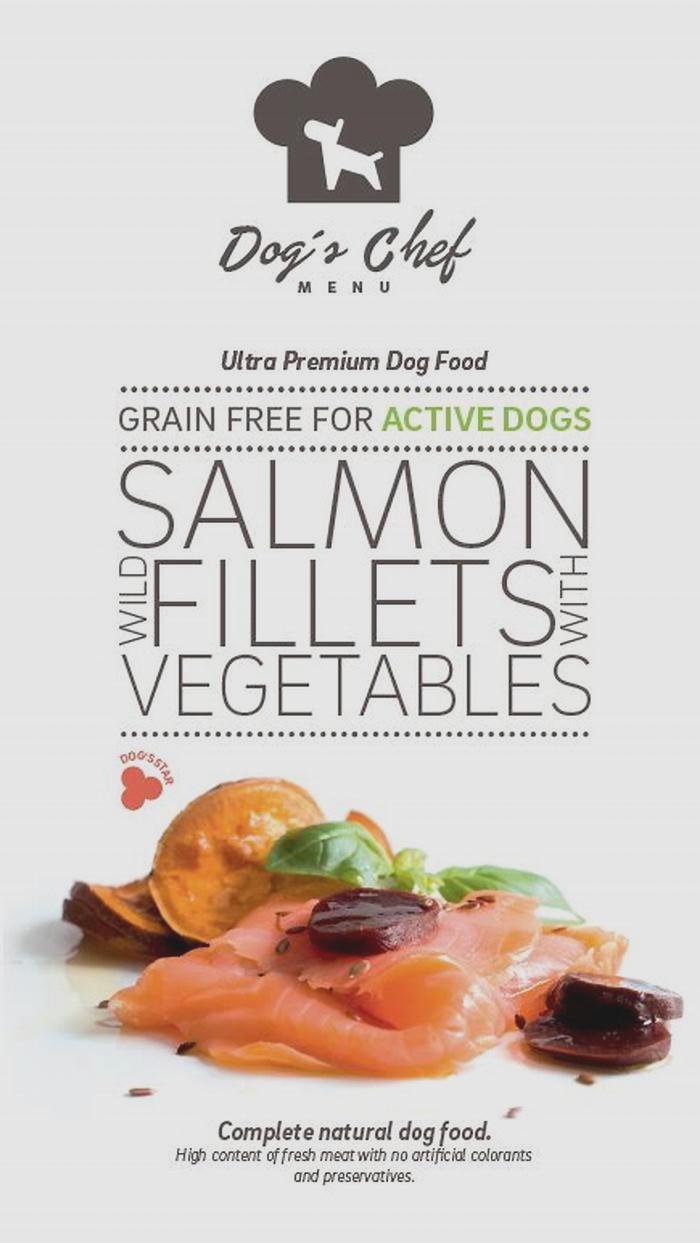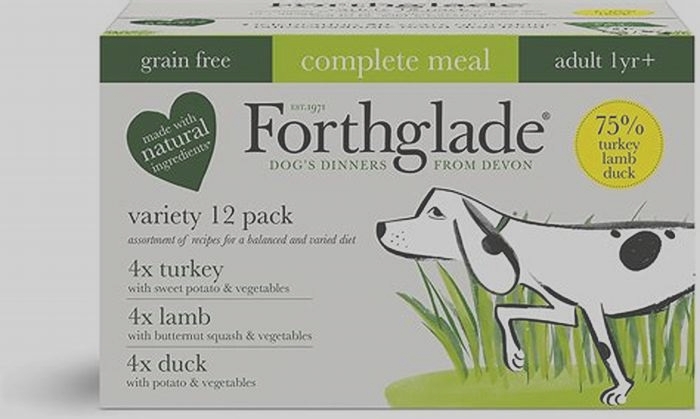Unlocking the Potential of Salmon for Canine Health and Vitality

Unlocking the Benefits of Protein-Rich Diets for Canine Health and Vitality
Introduction to Canine Nutrition
Proper canine nutrition is fundamental to the health and vitality of our four-legged companions. At the heart of this lies the need for a well-rounded diet enriched with high-quality proteins foundational for robust muscle growth, tissue repair, and a strong immune system. Its imperative to understand that proteins are more than just a dietary requirement; they are the lifeblood of your pets nutritional well-being. When considering treats like liver treats for dogs, it becomes apparent that integrating healthy proteins alongside balanced proportions of fats and carbohydrates ensures our canine friends are at their best, day in and day out. Therefore, a deep dive into the nuances of dog nutrition improves our pets lives and enriches our understanding and connection with them.
The Importance of High-Quality Protein Sources
Not all proteins offer the same nutritional value, so the choice of source is an essential decision for canine caregivers. High-quality proteins, such as those derived from beef, provide a rich supply of amino acids vital for bodily functions, including hormone synthesis and the strengthening of the immune system. The multifaceted benefits of integrating premium protein sources extend beyond mere sustenance; they ensure that our pets lead a hearty, joyful, and active lifestyle.
Deciphering Dog Food Labels
Navigating the complexity of dog food labels can often feel like deciphering a cryptic puzzle. The ingredient list serves as a window into the quality of the product, revealing whether the protein sources meet the high standards our dogs deserve. However, pet owners must be vigilant against ambiguous terms and enticing buzzwords that might disguise subpar nutritional content. Its crucial to look beyond the marketing veneer for clear, concise information about the foods quality, such as the specific types of meat used. This transparency builds trust in the brand and ensures that our pets consume ingredients that bolster their well-being.
Proteins Role in a Dogs Life Stages
Throughout a dogs life, dietary needs evolve, making the role of protein in their diet diverse and dynamic. The rambunctious days of puppyhood necessitate a protein-dense diet to fuel their rapid growth and developmental milestones. As dogs transition into their golden years, their dietary requirements shift, with a greater emphasis needed on the quality of protein to support muscle retention and mitigate age-related degeneration. Additionally, dogs with certain health conditions may require a specialized diet tailored to their needs. Understanding these nuances allows us to adapt their meals in ways that champion their health, regardless of life stage or activity level.
Home-Prepared Diets vs. Commercial Dog Foods
For some pet parents, the allure of home-prepared diets is the personalized control over the nutritional content. These meals can be crafted to cater to their dogs unique tastes and health requirements. However, the responsibility to ensure a balanced and complete nutrient profile rests entirely on the caregiver, demanding a robust knowledge of canine nutrition. In contrast, commercial dog foods are often developed by nutritionists and vetted through scientific research to guarantee a balanced diet. These formulations blend convenience with nutritional expertise, offering a practical solution for pet owners who prioritize dietary excellence without the time investment of meal preparation.
The Debate: Grain-Free and Grain-Inclusive Diets
A significant point of contention within dog nutrition circles is the role of grains in canine diets. Advocates for grain-free diets highlight potential allergens and sensitivities, while proponents of grain-inclusive diets point to the nutritional benefits that grains can provide. It is up to the discerning dog owner to weigh the evidence, consider their pets specific health context, and choose a diet ethos that aligns with the dogs best interests. The decision is significant, as it influences the dogs well-being and long-term health outcomes.
Introducing Novel Proteins and Managing Allergies
Food sensitivities and allergies are a reality for many dogs, leading to a rise in the popularity of novel protein sources within canine diets. These uncommon proteinssuch as kangaroo, venison, or rabbitoften provide alternatives that avoid triggering allergic reactions. Understanding how to patiently introduce these new proteins into a dogs dietand monitor their responseis critical to successfully managing food allergies. Such thoughtful dietary management can significantly enhance the quality of life for our sensitive canine companions.
Supplements and Superfoods for Dogs
As we seek to maximize our dogs health, the inclusion of supplements and superfoods has come to the fore. Ingredients like blueberries, salmon oil, and turmeric are lauded for their potent antioxidant and anti-inflammatory properties. These dietary enhancements have seen an uptick in popularity, with more and more pet owners turning to these nutrient-rich additions to bolster their pets diets and, by extension, their disease resistance.
Understanding the Impact of Diet on Dog Behavior
The adage you are what you eat also holds for our canine counterparts. A diet lacking essential nutrients may manifest in various behavioral issues, from irritability to a lack of focus. Conversely, a well-balanced, protein-enriched diet can foster positive behavior patterns, support cognitive function, and provide the energy required for everyday activities. Monitoring changes in behavior in response to dietary adjustments can offer insightful cues into the most beneficial nutritional regimen for a particular dog.
Choosing the Right Diet for Your Dog
Selecting the optimal diet for your dog is a responsibility laden with complexity, given the individual differences between dogs lick. B breed specificity, metabolic rates, and chronic conditions must be factored into any dietary plan. In this quest for nutritional excellence, the guidance of veterinarians is invaluable, ensuring that each choice is substantiated by professional expertise and tailored to the dogs unique requirements. A considered and well-informed approach to diet selection is paramount in promoting our cherished pets health, happiness, and longevity.
Unlocking the potential of probiotics for canine and feline well-being
- Advertisement -
- Advertisement -
The realm of veterinary science has begun to uncover the potential benefits of probiotics for dogs and cats, shedding light on their diverse applications beyond aiding digestion. In this article, we delve into the evolving understanding of probiotics, examining the various forms they take and elucidating why these supplements are increasingly recommended for our canine and feline companions.
Understanding Probiotics
Probiotics, defined by the World Health Organization (WHO) as live microorganisms conferring health benefits, have garnered attention in veterinary science. Dr. Teresa Manucy, a distinguished veterinarian, in her article, Probiotics for Dogs: Do They Work?, emphasizes the potential benefits of probiotics for dogs, citing studies indicating efficacy in digestion, immune modulation, and production of short-chain fatty acids that combat harmful bacteria.
Diversity in Probiotic Forms
Probiotics for dogs are available in different forms, including incorporation into dog food itself. Brands such as Purina Pro Plan Complete Essentials and Blue Buffalo True Solutions Blissful Belly integrate probiotics into their formulations. However, standalone supplements in the form of powders, capsules, or chews offer a more targeted approach, delivering higher quantities of beneficial microorganisms.
- Advertisement -
It is crucial to note that not all probiotics are equal, with specific strains, such as Enterococcus faecium, Bacillus coagulans, Bifidobacterium animalis, Bifidobacterium longum, Lactobacillus acidophilus, and Lactobacillus rhamnosus, demonstrating positive effects on dogs, says Manucy.
Jan Suchodolski, DrMedVet, PhD, AGAF, DACVM (Immunology), in his article, Probiotics, Prebiotics, Synbiotics, and Intestinal Health of Dogs and Cats, underscores the strain-specific nature of probiotics, emphasizing the importance of understanding the mechanisms and strains when selecting probiotic products.
Benefits of Probiotics for Dogs
Research suggests, as Manucy cited, that certain probiotic strains offer targeted benefits to dogs, including managing yeast infections, supporting the immune system, preventing anxiety, and providing relief from various digestive issues. Suchodolski supports this, noting that the health effects of probiotics are strain-specific and may include immunomodulatory actions, enhancement of intestinal mucosal barrier function, and reduction of growth of enteropathogens.
Probiotics for Special Circumstances
Manucy discusses how probiotics can be particularly beneficial in addressing dog diarrhea triggered by stress, dietary changes, or bacterial imbalances from prolonged antibiotic use. Puppies can benefit from probiotics to establish a healthy balance of intestinal bacteria early on, reducing the risk of digestive issues, she adds.
Compatibility with Human Probiotics
The question of whether dogs can consume human probiotics is addressed in both articles. While it is generally safe for dogs to take human probiotics, it is emphasized that species-specific supplements are designed to cater to the unique gut microbiome of dogs, ensuring optimal benefits, according to both authors.
Yogurt and Other Probiotic Foods
The inclusion of probiotic-rich human foods like yogurt, kefir, and fermented vegetables in a dogs diet is discussed. However, Manucy and Suchodolski both claim that caution is advised due to potential health problems arising from introducing new foods. Both articles recommend limiting the quantity of probiotic-rich foods, providing specific guidelines based on the dogs size.
Potential Side Effects and Safety Measures
Acknowledging that some dogs may experience side effects like digestive discomfort, diarrhea, bloating, gas, or constipation when starting probiotics, caution is advised. Monitoring changes in appetite and promptly consulting a veterinarian if adverse reactions occur is crucial, says Manucy. Suchodolski supports this caution, advising that probiotics and prebiotics should be used with care in immunocompromised patients.
Probiotics, Prebiotics, and Synbiotics
Expanding the discussion, Suchodolski introduces the concepts of prebiotics and synbiotics. Prebiotics are nondigestible food ingredients that support the growth of beneficial bacteria already present in the colon. Synbiotics combine both probiotics and prebiotics, potentially enhancing their collective benefits.
Considerations for Use and Quality Concerns
Both articles provide practical considerations for using probiotics, such as the timing of administration for specific goals, like preventing stress-related diarrhea or antibiotic-associated gastrointestinal signs. Suchodolski also highlights the importance of product quality, cautioning that many commercially available probiotics lack proper quality standards, and recommends formulations from reputable manufacturers with demonstrated clinical benefits.
As our understanding of probiotics for dogs and cats evolves, these microorganisms stand out as potential allies in maintaining gastrointestinal health and overall well-being. While the research is ongoing, the evidence suggests that, under certain circumstances, probiotics can play a crucial role in addressing digestive issues, immune modulation, and stress management in our beloved pets. Its essential for pet owners to stay informed, consult veterinarians, and choose high-quality products to ensure the optimal health of their furry companions.
About the Author: Mariana Burgos is a freelance artist, writer, and tutor. She has been a solo parent for 17 years now because she is wife to a desaparecido. She and her daughter are animal lovers and are active in advocating not only human rights but the rights of animals as well.
- Advertisement -
Unlocking the Canine Wellness Potential: How Mushrooms Elevate Your Dog's Health

In the quest for optimal pet care, dog owners are increasingly turning to holistic approaches to enhance their furry companions' well-being. One such avenue gaining attention is the incorporation of mushrooms into a dog's diet. This article explores how including mushrooms in your dog's diet can enhance their overall health and vitality.
1. Mushroom Magic: A Nutrient-Rich Powerhouse
Introducing mushrooms for dogs into their diet can provide a natural and nutrient-rich boost to enhance their overall well-being. These fungi are packed with vitamins, minerals, and antioxidants, providing a natural and wholesome supplement to your dog's diet. Incorporating a variety of mushroom species ensures a diverse nutrient profile, contributing to your dog's overall well-being.
2. Immune System Fortification: The Fungal Advantage
One of the key benefits of adding mushrooms to your dog's diet lies in their potential to fortify the immune system. Mushroom species such as Shiitake and Maitake encompass beta-glucans, a form of polysaccharide recognized for its ability to enhance the immune system. Regular consumption can help your dog's immune system function optimally, offering protection against various illnesses.
3. Natural Anti-Inflammatory Agents: A Holistic Approach to Health
Inflammation is a common concern in dogs, especially as they age. Mushrooms like Reishi and Turkey Tail are renowned for their anti-inflammatory properties. Including these mushrooms in your dog's diet can aid in reducing inflammation, potentially alleviating discomfort associated with conditions such as arthritis. This natural approach to managing inflammation is gentle on your dog's system and aligns with a holistic perspective on pet care.
4. Balancing Blood Sugar Levels: A Fungal Solution
Maintaining stable blood sugar levels is crucial for your dog's health, particularly for those with diabetes or at risk of developing the condition. Certain mushrooms, such as Cordyceps, have been studied for their potential to regulate blood sugar levels. While not a replacement for medical intervention, incorporating these mushrooms into your dog's diet may complement efforts to manage blood sugar, promoting a more balanced and stable internal environment.
5. Gut Health Optimization: Nourishing from Within
A healthy gut is vital for overall well-being, extending its importance beyond humans to canine companions. Mushrooms play a role in promoting gut health by serving as prebiotics, fostering the development and function of advantageous gut bacteria. Consequently, this support enhances digestion, nutrient absorption, and the overall sustenance of a healthy digestive system. A balanced gut microbiome has various health benefits, including improved immune function and mood regulation.
7. Canine Delight: The Palatability of Mushrooms for Dogs
Delighting in the health benefits of mushrooms need not be a bland experience for your furry friend. Many dogs find mushrooms a tasty addition to their meals, adding a new dimension to their culinary delights. The diverse textures and flavors of various mushroom varieties can make mealtime an exciting experience for your dog. As you introduce mushrooms into their diet, observe their response, and consider incorporating them into homemade treats or meals. This positive aspect not only enhances their well-being but also adds a touch of gastronomic joy to your dog's daily routine. Embracing the palatability of mushrooms for dogs transforms the journey to better health into a flavorful adventure for your beloved canine companion.
Conclusion
Mushrooms are a beneficial addition to your dog's diet, offering various health benefits beyond mere nutrition. From immune system support to anti-inflammatory effects, these fungi contribute to a holistic approach to canine well-being. As with any dietary modification, it's essential to be informed and consult with your veterinarian to ensure the safety and suitability of mushrooms for dogs. By unlocking the potential of mushrooms, you take a natural and proactive step toward enhancing your dog's overall health and happiness.









